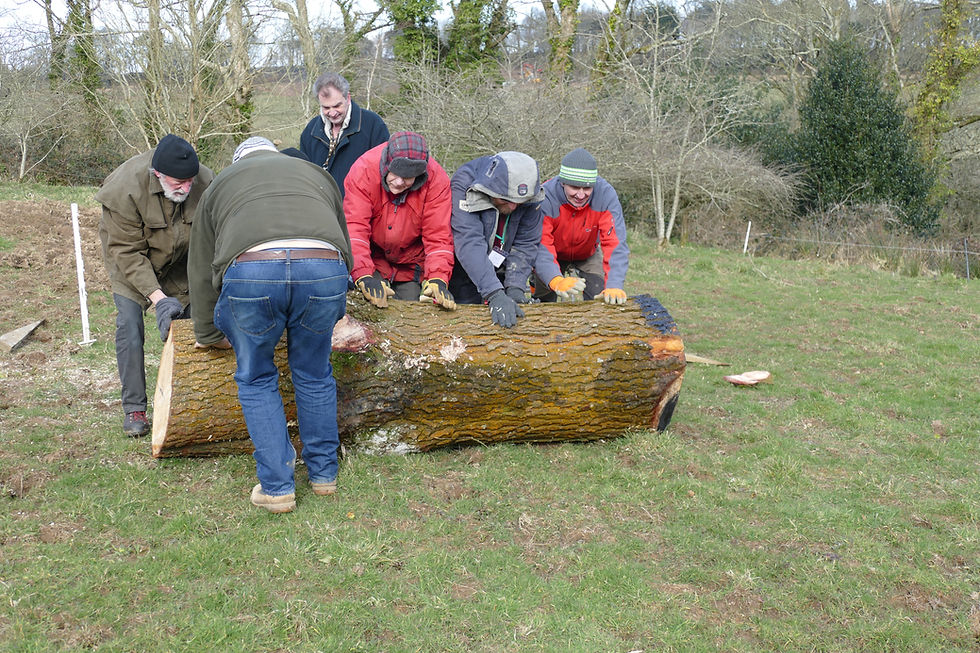Newsletter September 2016
- Sep 21, 2016
- 2 min read
Autumn Greetings
The summer weather in the UK has been the usual variable mix, with much of the summer being cool. However we have had a late summer warm spell and the ivy has now started flowering, with the bees and many other insects taking full advantage.

Natural bee Husbandry
The most exciting news is the launch of a new, international beekeeping magazine devoted solely to natural beekeeping. It will be published by Northern Bee Books and is titled Natural Bee Husbandry. The first issue will be full of articles from leading practitioners and will be published at the end of October. To see more details or to subscribe go to our website.

Erasmus Co-operation
At the end of June we hosted a group of beekeepers from Holland, Macedonia and Turkey as part of our Erasmus co-operation. They visited apiaries of all descriptions from commercial to purely conservation to gain information that will help develop a sustainable long term beekeeping model.
New Trustee
We are delighted that Matt Somerville has joined our group of Trustees. Matt is the creator of the Freedom Hive, which featured recently at Art in Action. The Freedom Hive is an important addition to our efforts to re-establish the wild in bees, so they can be creatures which are healthy, vibrant and true to themselves rather than medicated, sickly and captive to the desires of man. In this regard, we are happy to report that the tree and bees in the UK's first Zeidler hive, at Pertwood Farm, are thriving despite a mediocre summer.

Nick Adams, wild life expert (picture right), talks to a group of beekeepers about how the bees in the UK's first Zeidler tree hive are an integral part of the farm at Pertwood organic farm.

The Zeidler tree (picture left) at Pertwood Organic farm.
Appeal to Land Owners
We are appealing to all UK landowners to consider carefully the status of native bees that may be on your, or your neighbour's, land. Before allowing beekeepers to place imported bees on your land, or bees that depend on imported bees for their genes, bear in mind the potentially harmful effect this can have on native British Bees -both honey bees and other bees. More here.
Finally, we express our thanks and gratitude to our donors, some of whom have shown remarkable generosity. If you would like to join them, please use the button below.






Comments